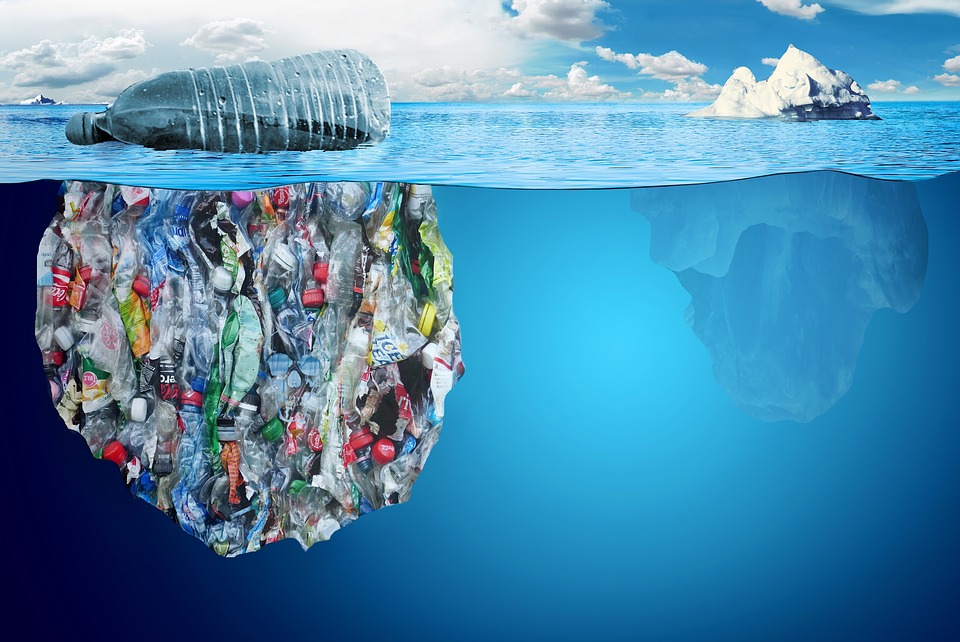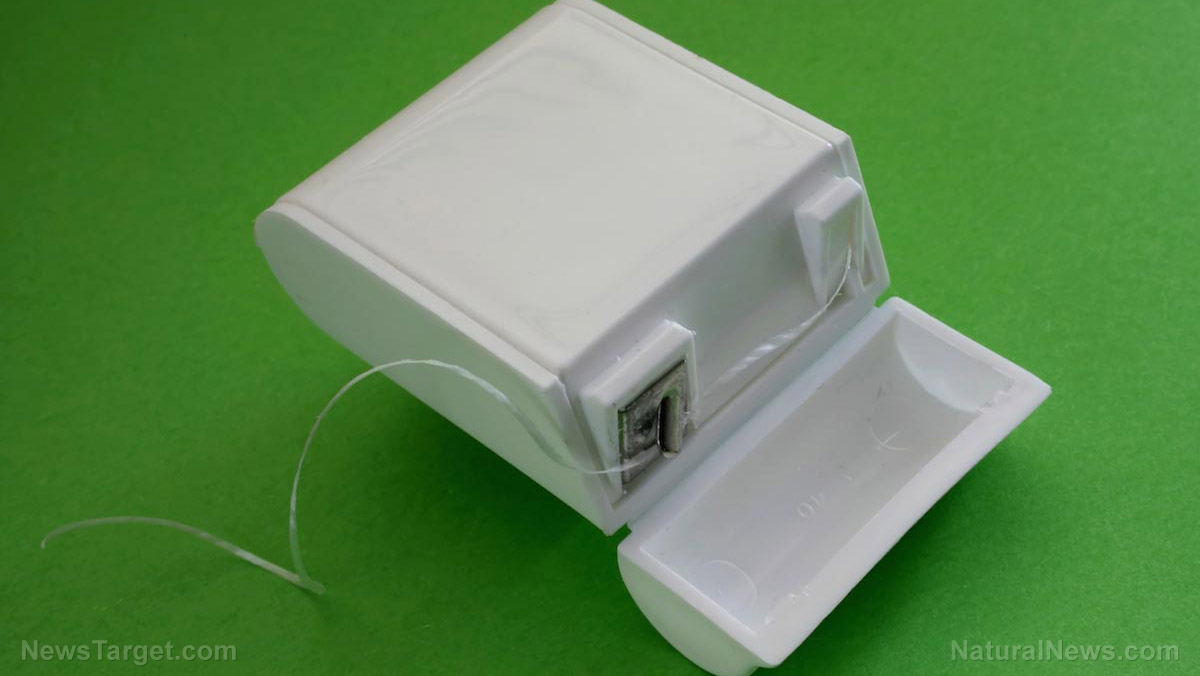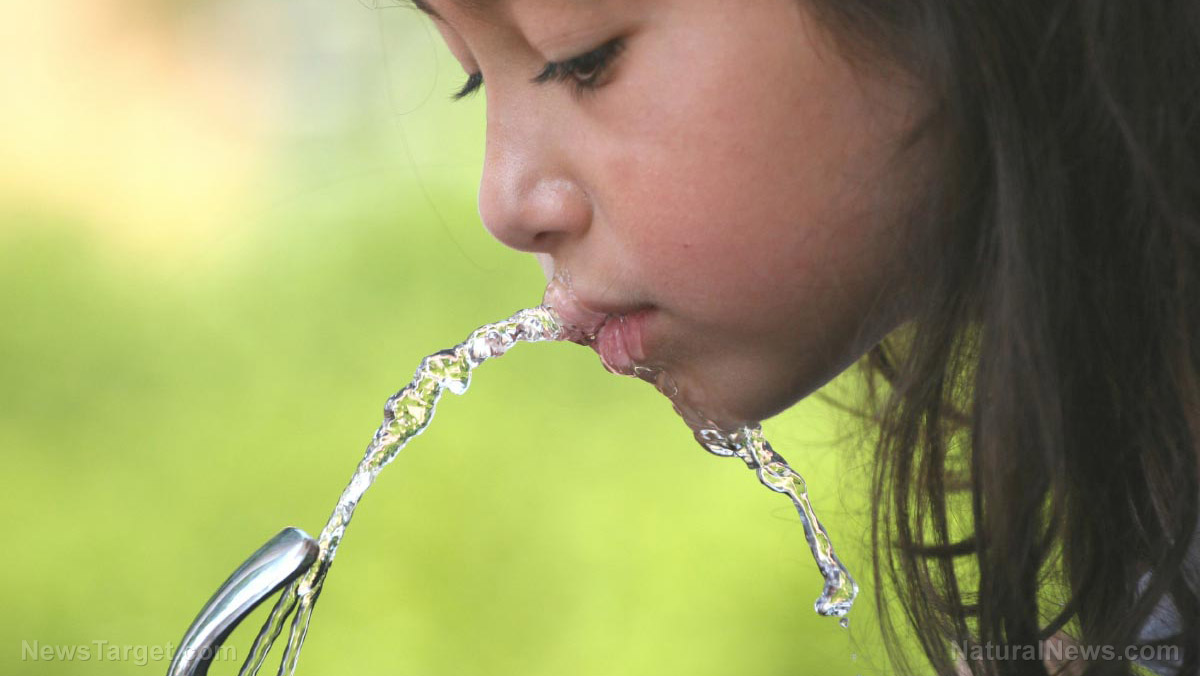If you think staying hydrated with “good” water isn’t super important, think again
03/05/2019 / By S.D. Wells

Got a migraine headache? Drink water. Is your skin dry? Drink more water. Your joints hurt? Drink water. Are you constipated? Drink water. Hungry but trying to lose weight? Drink water. Feeling lethargic? Drink water. The average adult should be taking in about 2.5 liters of water a day, equivalent of about 8 glasses, because that’s exactly what you lose and use just breathing, sweating and urinating. That means you need to drink 2 liters a day, because you’re only getting about 1/2 liter of water in the food you consume. The amount you should drink also correlates to how much you weigh. There are almost 34 ounces in a liter, so if you weigh 100 pounds, you need 2 liters a day. If you weigh 120 pounds, up that intake to about 80 ounces of water, and keep adding about 7 or 8 ounces for every ten pounds. The human body is composed of up to 75 percent water, depending on gender and body type, and water is vital for the proper functioning of every single organ. The problem is that most Americans are drinking toxic water, mainly from their tap and even bottled water they think is filtered or “purified” – yet most is not.
What you may not know about good water
Healthy water does not contain sodium fluoride, heavy metals, bleach, chloride, other people’s medications, artificial sweeteners, or Bisphenol A (BPA). Clean, unadulterated water carries nutrients and oxygen to cells. Our blood is 95 percent water and regulates our body temperature, lubricates joints and removes toxic waste from our body. Good hydration improves our ability to concentrate, heightens mental alertness, improves digestion, satisfies hunger, improves athletic performance, reduces susceptibility to kidney stones, and builds a stronger immune system by helping flush out toxins. Hydration with high quality water, including natural spring water, reduces the risk of breast cancer, bladder cancer, colon cancer and even cardiovascular disease.
Are you congested or are your cells congested?
When the body is dehydrated, it creates an overabundance of histamines, the organic nitrous compounds that, when too many are circulating, makes us feel congested and create that feeling of having difficulty breathing. Ever feel like that? Dehydration literally creates cell congestion also. You can purge metabolic waste by simply staying hydrated. Water flushes out unwanted microbes that can accumulate in your cleansing organs. Informed athletes who want to speed up joint and cartilage repair drink spring water or water that is properly filtered, so they don’t suffer side effects from contaminants. Nutritionists and food scientists recommend the Big Berkey gravity water filtration system. Also try adding a little lemon and sea salt after workouts instead of drinking sugary sports drinks.
Typical signs of dehydration
Simply put, dehydration occurs when you lose more body fluids than you take in. Many infants will become extremely fussy or simply can’t sleep. Adults become irritable and confused. Urine will come out noticeably darker than normal. The eyes become sunken.
Typical symptoms of inflammation
People who drink water from the tap will suffer signs of dehydration and inflammation while they explain that they drink “plenty of water, that’s not it!” Sodium fluoride in tap water is also an insecticide and a known toxin that calcifies the bones and the pineal gland. When human tissues become inflamed from drinking the wrong kind of water or simply the lack of good water, the person experiences pain, redness, swelling and occasionally even the loss of function. The inflamed site experiences an increased blood flow at body core temperature, leading to swelling. The pain is due to the release of chemicals that stimulate nerve endings.
Irregular heart beats and blood pressure
When your body is fully hydrated with clean water, the blood is composed of about 92 percent water, which helps keep the blood flowing freely through the veins and arteries. This prevents high blood pressure. Dehydration and the imbalance of electrolytes in the blood can cause an irregular heart rate (tachycardia) or a sped-up rate while resting. When you get diarrhea or vomit, it can quickly lead to severe dehydration.
Typical chemicals, medications and heavy metal toxins in tap water
Commonly found in tap water, bottled water, fruit juices and soda are chemicals that cause dehydration, inflammation, metabolic disorders and even cancer. Besides fluoride being common in tap water, you’ll typically find parasites, bacteria, other people’s medications, arsenic, aluminum, lead, cadmium, chromium, and even copper (often from contaminated pipes).
Major problems with bottled water
BPA is a toxic, estrogen-mimicking compound commonly used in plastic production. It’s been linked to early puberty, infertility and breast cancer. In Europe, China and Canada, BPA is banned in baby bottles. Some bottled water is simply tap water in a toxic bottle with a fancy name. Evian is naive spelled backwards!
Most affordable and best home water filtration system on Earth
Did you know that cheap pitchers that “filter” water barely work at all? What kind are you using? Brita? Crystal? Delta? Zero Water? Pur? The most reliable filters use gravity to remove metals, chemicals and fluoride. Big Berkey is the best system on the planet. In fact, the Health Ranger tested, at CWC Labs, the top filters on the market, and Berkey did the best job, filtering nearly 100 percent of the copper, arsenic, mercury, lead, strontium, and even uranium and cesium (think of nuclear contamination). Big Berkey uses revolutionary ceramic filtration technology to remove toxic elements, parasites, bacteria and other contaminants from water, and it’s all done without electricity or pumps.
Bottom line: You can literally slow the aging process and eliminate dehydration and inflammation by staying hydrated with good, clean water.
Sources include:
Tagged Under: big berkey, BPA, clean water, dehydration, inflammation, sodium fluoride, tap water, toxic chemicals, toxic water, water filters



















